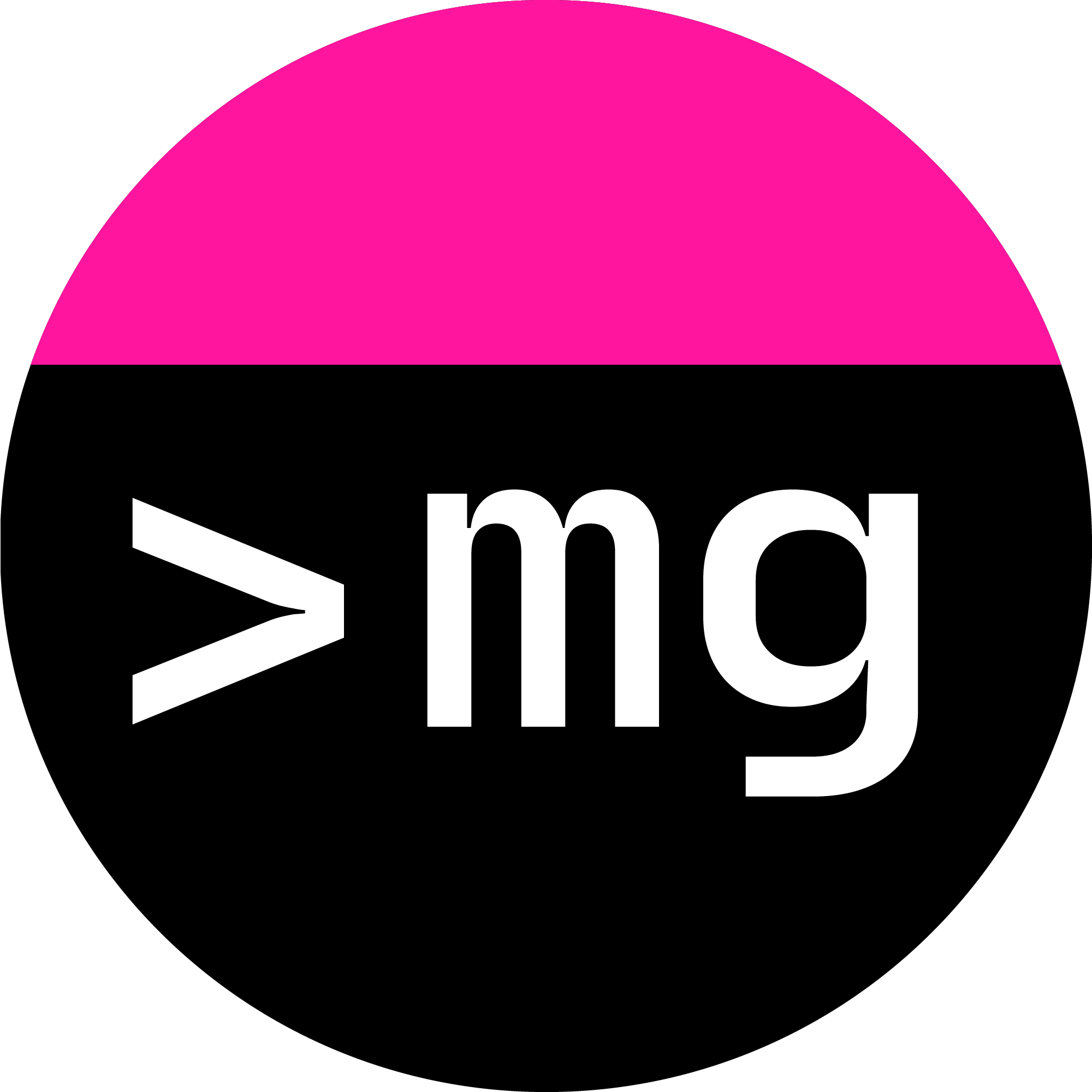
muriel gonzalez
web and mobile developer
11/13/19
Kotlin Lambda Functions
Lambda functions are anonymous functions that can be assigned to a variable and passed around like any other value. Lambdas are super useful and convenient as they allow you to write a less code, while also improving the readability of your codebase by removing extra boilerplate.
val add: (Int, Int) -> Int = { x, y -> x + y }
val addition = { x, y : -> x + y }
The two lambdas above take in two Int parameters and return an Int.
The second lambda takes advantage of type inference, and can be even shorter.
If a lambda only takes in 1 parameter, you can shorten it further by using the reserved it keyword:
val double = { 2 * it }
val square = { it * it }
Using lambdas allow us to simplify more complex functions. Wihout lambda:
interface Callback {
fun onCallback(result: String)
}
fun doAsync(x : Int, callback: Callback) {
callback.onCallback("done")
}
doAsync(20, object : Callback {
override fun onCallback(result: String) {
print(result)
}
}With lambda:
fun doAsync (x : Int, callback: (String) -> Unit) {
callback("done")
}
doAsync(20) { result -> print(result)}Iterating over collections also becomes really easy with the help of lambdas:
var allItems = listOf(1.99, 2.50, 7.49, 9.99, 25.0)
val priceyItems = prices.filter { it > 5.0 }
Lambdas can help in making your codebase more reusable, succint and easier to mantain.
To learn more about Lambdas see Higher-Order Functions and Lambdas - Kotlin Programming Language